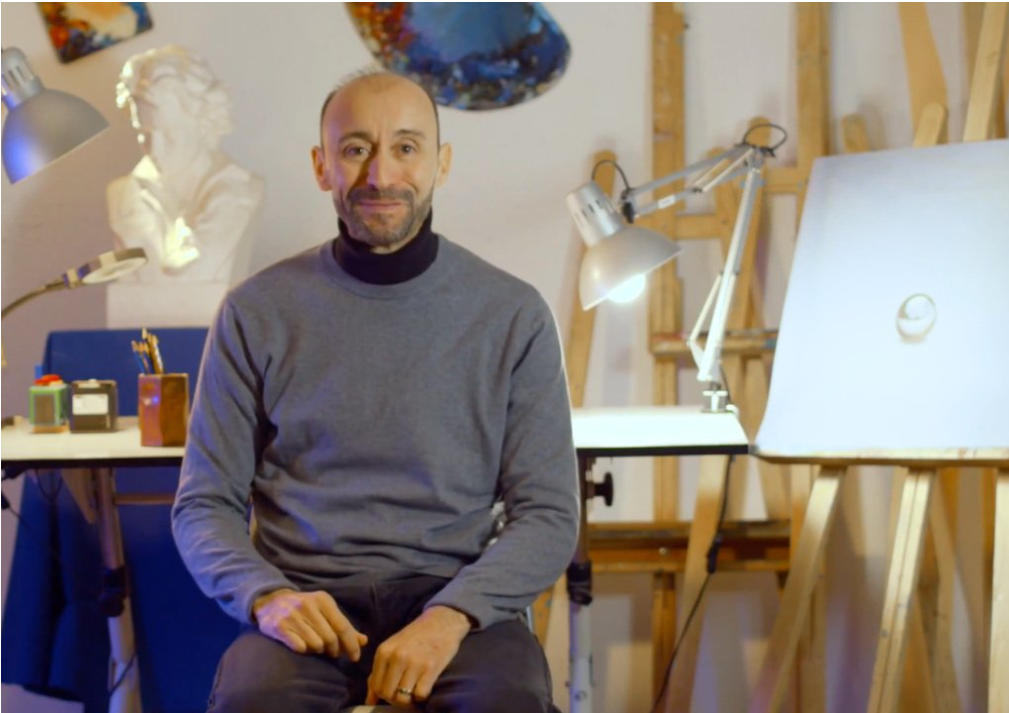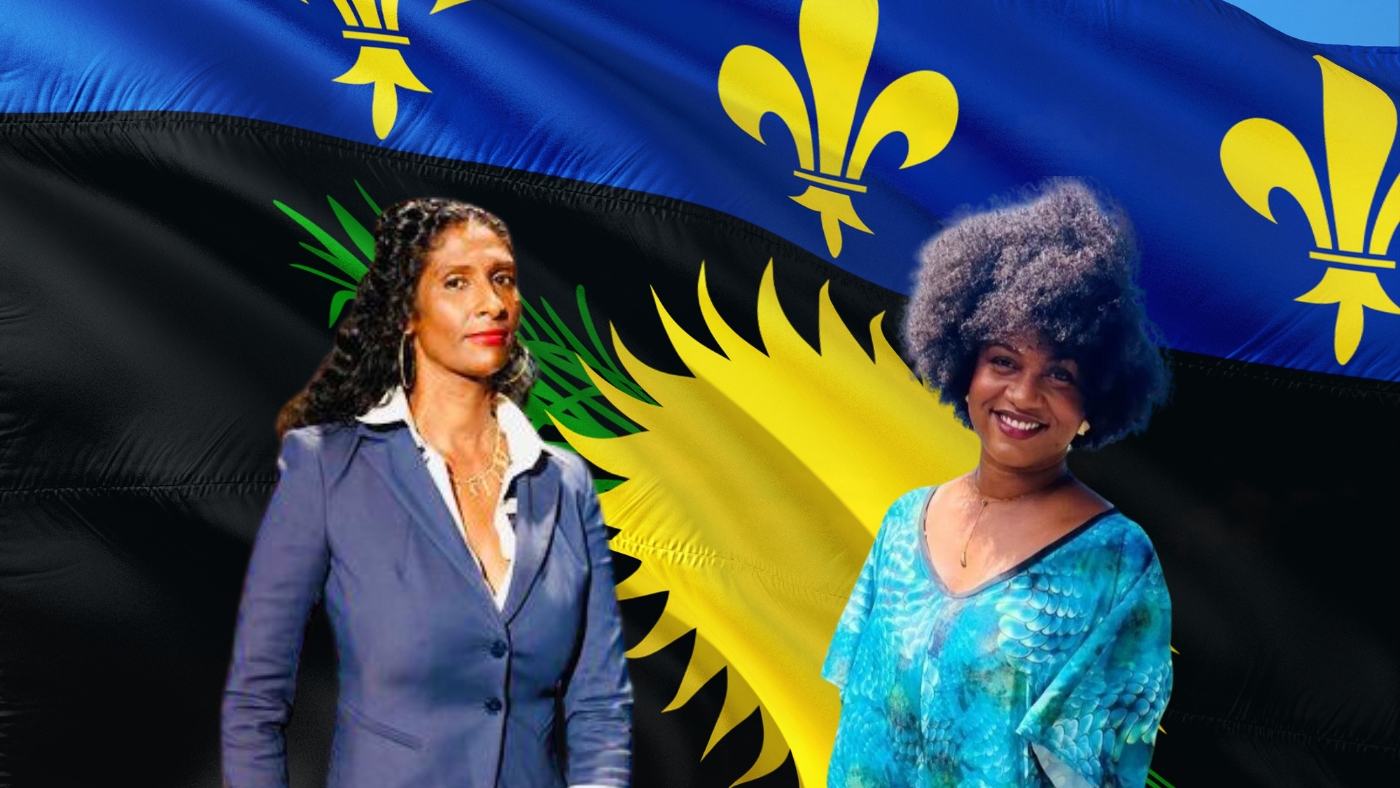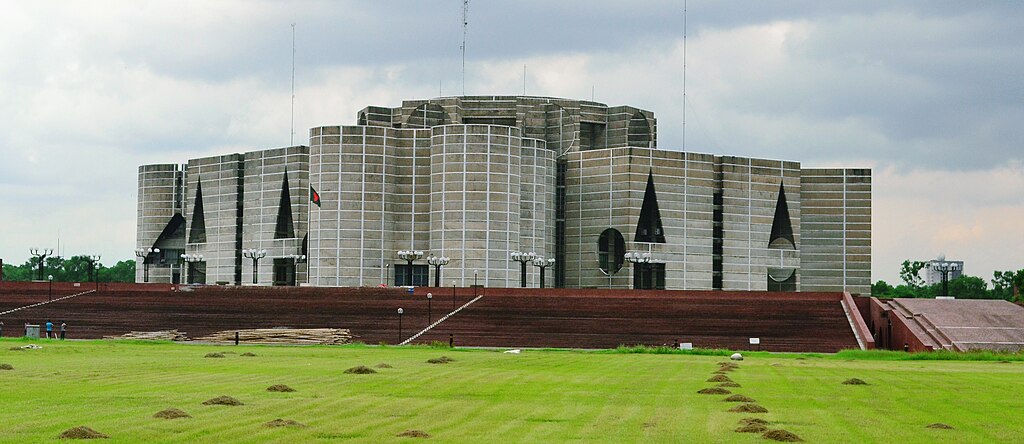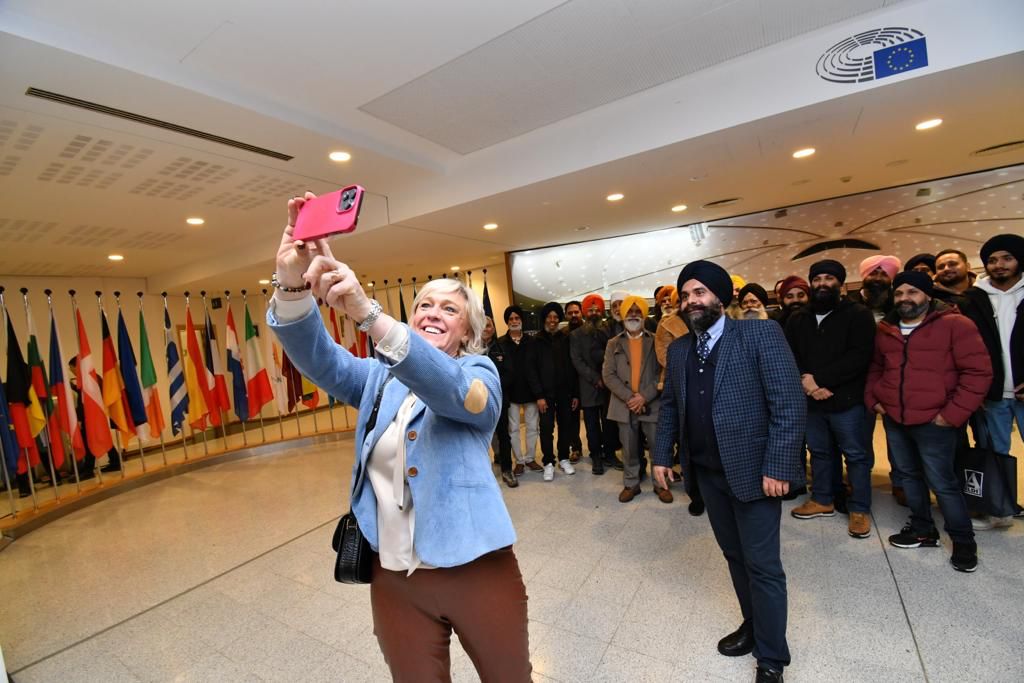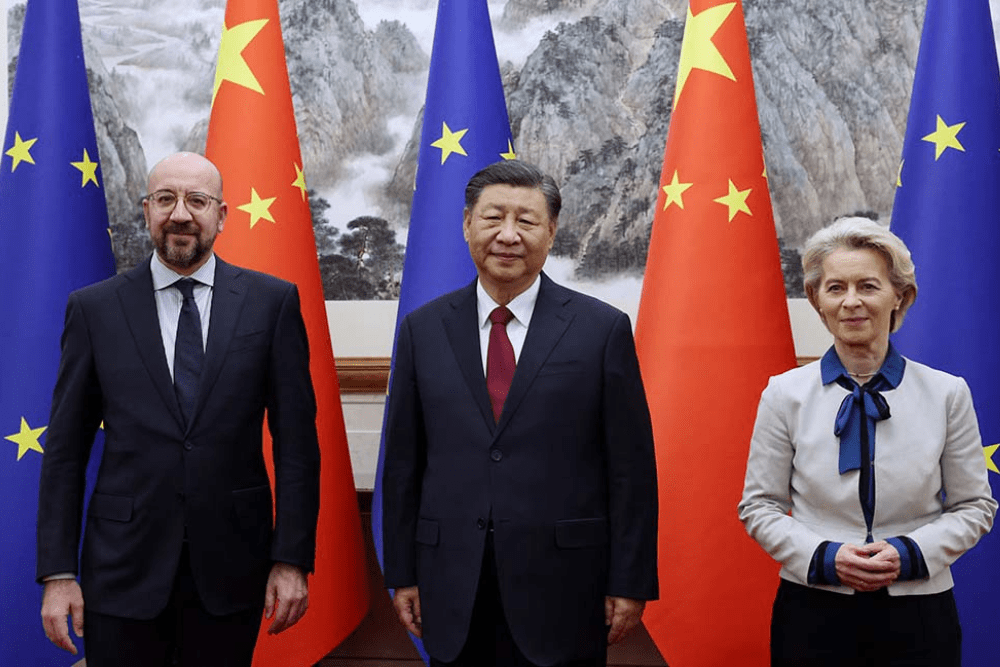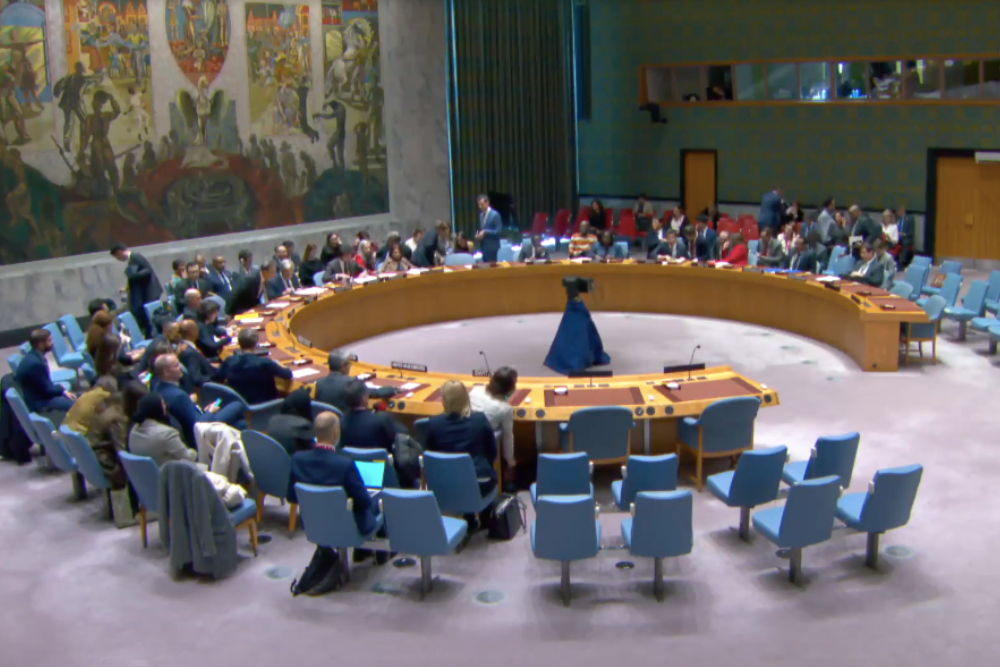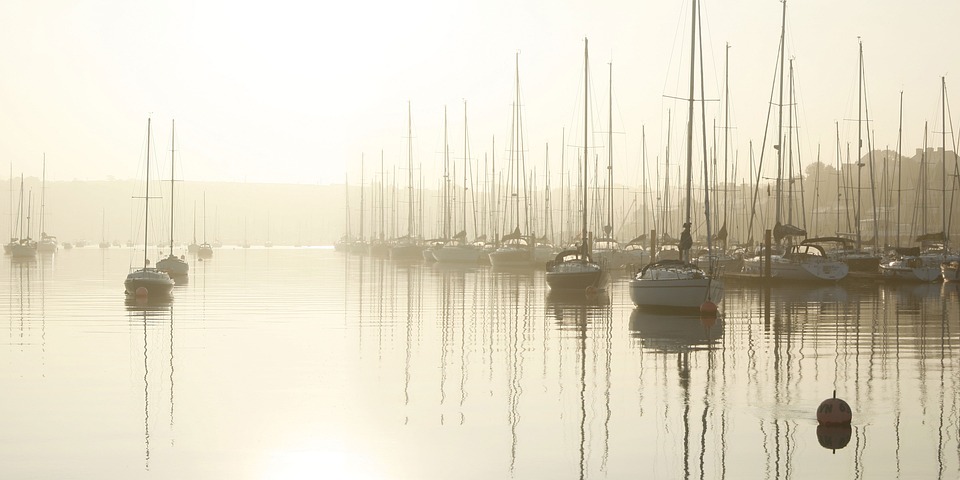In a world where abstract art often dominates gallery walls and news headlines, the hyperrealist visions of Leonardo Pereznieto stand out for their technical mastery and emotional resonance. Since picking up his first pencil as a child in Spain, Pereznieto has dedicated his life to perfectly capturing the beauty of the world around him and sharing his craft with budding artists across the globe.
Born To Draw
Pereznieto showed artistic talent from a very young age, filling sketchbooks with observational drawings of people and places. As a teenager, he began formal art training, honing his skills in drawing, painting, and sculpture at Madrid’s prestigious Art Center. Pereznieto then continued his studies at the Florence Academy of Art, widely considered one of the world’s top programs for representational fine art.
Throughout his student years, Leonardo Pereznieto challenged himself to translate three-dimensional reality onto the two-dimensional picture plane with exacting realism. His tireless studies of human anatomy, plant life, landscapes, still lifes, and architecture all furthered his ability to recreate visual phenomena down to the most precise detail. Light, shadow, texture, movement — every component had to be perfect.
Pereznieto’s diligence soon paid off with illustrations and paintings that seem to leap off the page, depicting their subjects with a level of realism bordering on photographic. And yet, his work moves beyond technical precision to activate the imagination and touch the soul. Subtle symbols and provocative themes inspire viewers to forge their own connections and interpretations.
Global Exhibitions of Leonardo Pereznieto
Since completing his studies, Pereznieto’s hauntingly lifelike drawings, paintings and sculptures have been displayed in exhibitions across Europe and the Americas. Last year, his solo show at the ABLE Fine Art Gallery in New York was met with critical acclaim, solidifying his status as one of today’s preeminent hyperrealist artists.
Highlights of Leonardo Pereznieto’s body of work include monumental graphite drawings like “The Journey,” depicting refugees in a boat gazing ahead with hope; emotionally charged paintings such as “Young Harmony,” featuring children of diverse backgrounds playing music together; and imaginative bronzes including “Window of Hope,” in which a young girl looks longingly through a stone aperture.
While varied in subject matter, Leonardo Pereznieto’s art uniformly marries technical excellence with symbolic resonance. He often incorporates themes of human rights, environmentalism and social justice, allowing the viewer to extract deeper meaning from the breathtaking aesthetics of his work.
Master Mentor
In addition to creating award-worthy drawings, paintings and sculptures, Pereznieto strives to pass on his skills to new generations of artists. He teaches in-person workshops around the world and also shares his expertise in bestselling books and popular YouTube tutorials.
Published in 2020, Pereznieto’s book You Can Draw! takes artists through key techniques via step-by-step demonstrations.
Enthusiastic readers praise the text for unlocking realistic renderings in graphite, colored pencil and charcoal through straightforward explanations of lighting, proportion, texture and more.
His 2022 follow up, Basics of Drawing, cements core competencies like sketching frameworks, geometric forms and one-point perspective for absolute beginners.
Meanwhile, over 1 million subscribers tune in to Pereznieto’s eponymous YouTube channel to pick up tips for recreating metals, glass, water, gemstones and other tricky substances. Pereznieto breaks down each element in digestible videos aimed at self-learners.
Through these varied learning tools, the soft-spoken Pereznieto acts as a nurturing mentor rather than strict taskmaster. Aspiring artists around the globe consider him an inspiring guide into the foundations of classical representational technique as well as contemporary hyperrealism.
In his own words
Art is my life, and creating for me is like breathing.
I express myself through drawing, painting, sculpture, and digital media. I seek to capture the splendor of the human spirit, the beauty, and the sensuality of the female figure and nature in a way that mirrors and, at the same time, idealizes visual reality. I strive to capture unforgettable moments and dreams in many of my works.
I create contrast by combining different types of mark-making. I finish the faces, hands, and subjects I want to emphasize with great detail, color, and contrast. At the same time, the rest of the figures and the background are often made with bolder strokes, making them subdued or blurry, inviting the viewer to spend more time on the key areas.
I intend to preserve the best of visual tradition by emphasizing technical skill, beauty, and passion while keeping up with the times by using new media, being sensitive to our contemporary public, and creating original forms.
Continuing to Inspire
Now entering his mid-40s, Pereznieto continues to perfect his craft while uplifting the next wave of artistic talent.
Fans can gain insight into his creative process and view new works in progress via Instagram updates from his home studio in Madrid. He engages with commenters and offers words of wisdom to those seeking feedback.
As accolades and auction prices continue rising for Pereznieto’s drawings, paintings and sculpture, he remains committed to keeping excellence in representational art accessible through open discourse with his devoted followers.
Standing apart from fleeting fads, Pereznieto’s sublime illusions have cemented his legacy as a contemporary master. And through his far-reaching educational initiatives, realism itself now looks more durable than ever.



